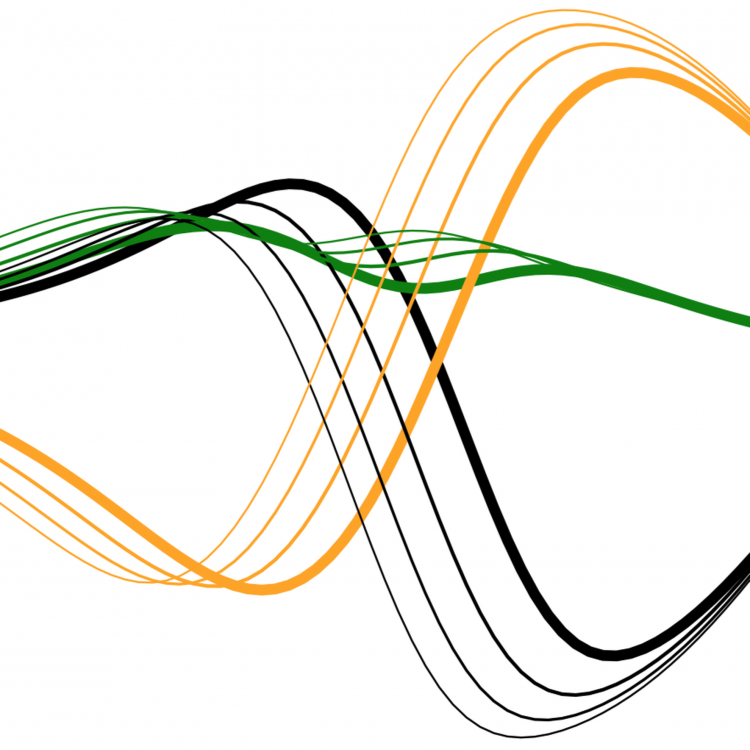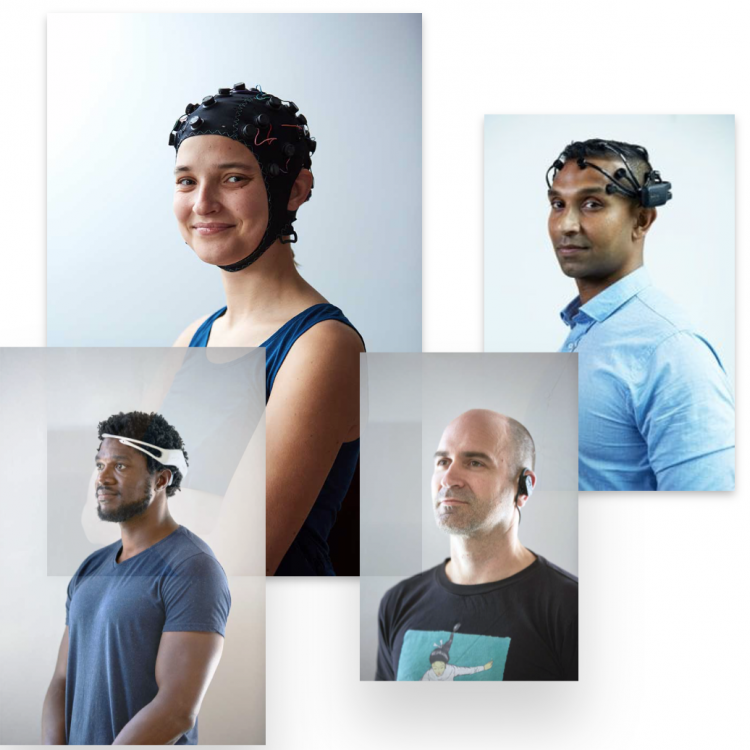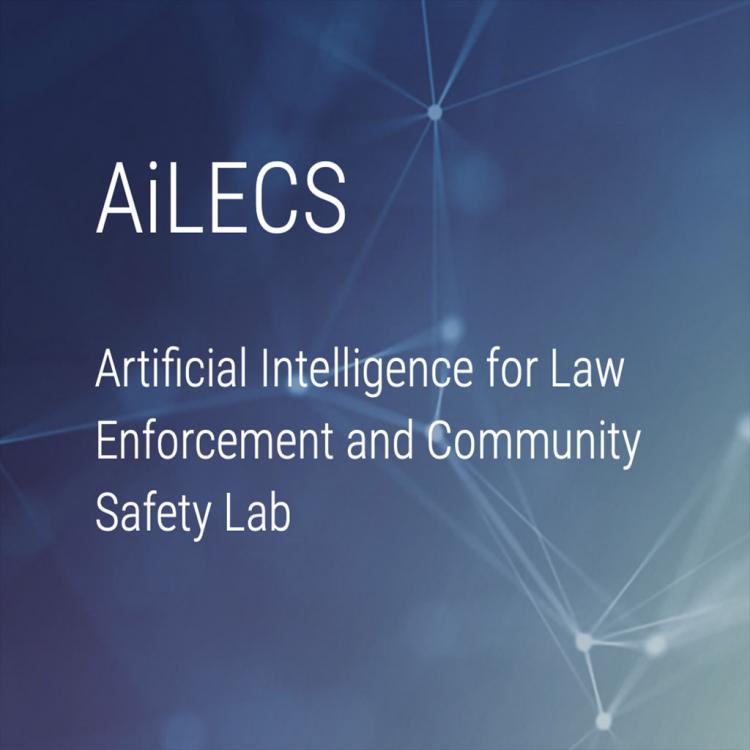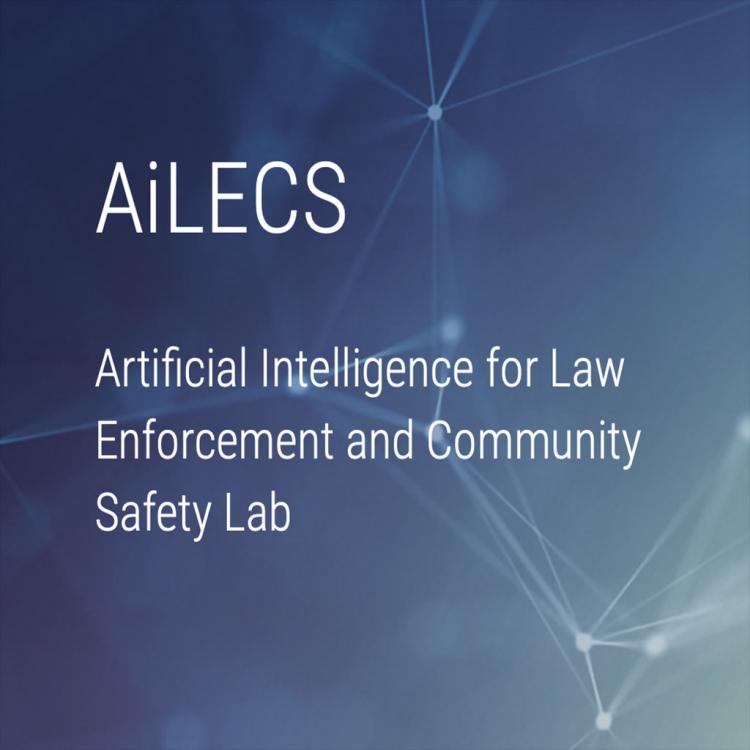Machine learning has recently made significant progress for medical imaging applications including image segmentation, enhancement, and reconstruction.
Funded as an Australian Research Council Discovery Project, this research aims to develop highly novel physics-informed deep learning methods for Magnetic Resonance Imaging (MRI) and Positron Emission Tomography (PET) and applications in image reconstruction and data analysis.





